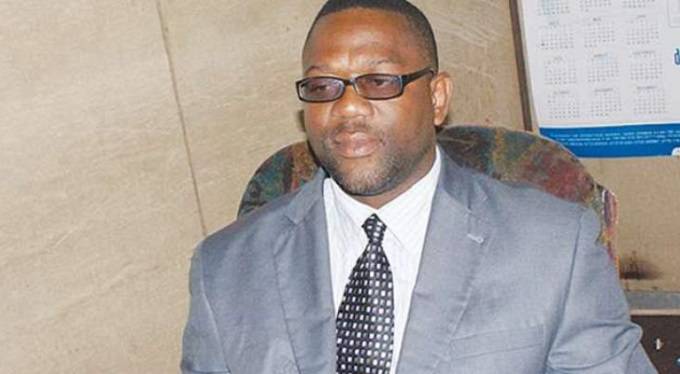
The Sunday News

Sunday News Reporters
POWER utility company, Zesa has introduced a load-shedding regime that will see some suburbs across the country going for at least 10 hours without electricity due to reduced generation at its major power stations.
The schedule revealed that most of the shedding will be implemented during the morning and evening peak period of 5am to 10am and 5pm to 10pm.
“However, the durations may be longer in the event of increases in power shortfall to avoid collapse of the National Electric Grid,” Zesa said in a statement.
Zesa said the measures were taken because of increased power shortfall which has resulted in demand outstripping supply.
“The Zimbabwe Electricity Transmission and Distribution Company is experiencing increase power shortfall in demand and supply mismatch due to lower water levels at Kariba Power Station, generation constraints at Hwange Power Station and limited imports.,” said Zesa.
In an interview, Zesa spokesman Mr Fullard Gwasira defended the move by his company, saying if load shedding is not implemented, the country could be plunged into total darkness by October.
He said the most affected was Kariba Power Station where water levels in the lake have drastically gone down.
“We had very little in terms of rainfall influence into the lake and we have reached a point whereby the power generation has scaled down, if we do not scale down we may have to shut down the entire situation around October because we won’t be having water,” he said.
Mr Gwasira said unless Kariba Dam catchment areas in Zambia and the Democratic Republic of Congo receive rains, the situation would be dire.
“Kariba is a hydro station and requires water so up until there are significant inflows into the lake the current generation pattern will subsist. The patterns that we depend on are not from Zimbabwe, it is from Zambia and DRC. Their significant rainfall upkeep should be able to rejuvenate the situation as the year progresses.”
He added, “Load shedding is a function of demand and supply. Whenever we have power available our mandate is to provide electricity to the generality of our population. We do not like load shedding but quite the contrary, we want to maximise shareholder value by generating as much as possible.
If the situation deteriorates further we have to go to Stage 2. It’s a function of how much power is available, how much is being used and how much can be given at a particular time.”
On Friday, Zesa also announced that considerable generation capacity has been lost due to dwindling water levels at the giant Kariba Hydro-Power Station and ageing equipment at the four main thermal stations.
The addition of 300 megawatts to the national grid last year after the expansion of Kariba South Hydro Power plant had stabilised the electricity supply situation in the country.
“While normal generation has been subsisting up to now, the Zambezi River Authority (ZRA) has reduced water allocation to ZPC from 19 billion cubic metres to 16 billion cubic metres for 2019. This is to enable the plant to be operational until the next rainy season.
“To this end, electricity generation at Kariba Power Station will thus be reduced to an average of 358MW from the planned average of 542MW as a direct result of this water allocation reduction and this has led to a power supply gap,” said Zesa.
Zimbabwe last experienced load shedding several years ago.



